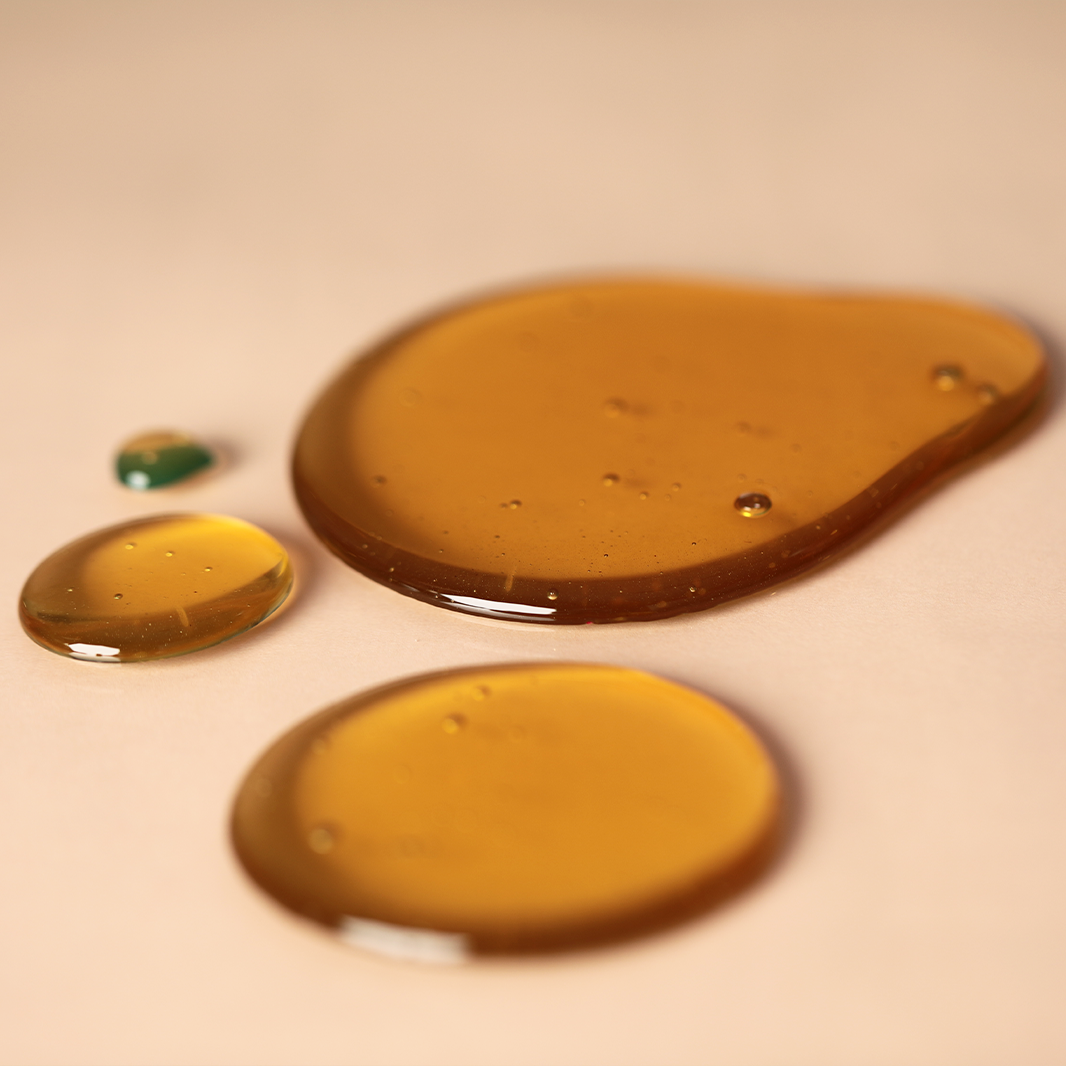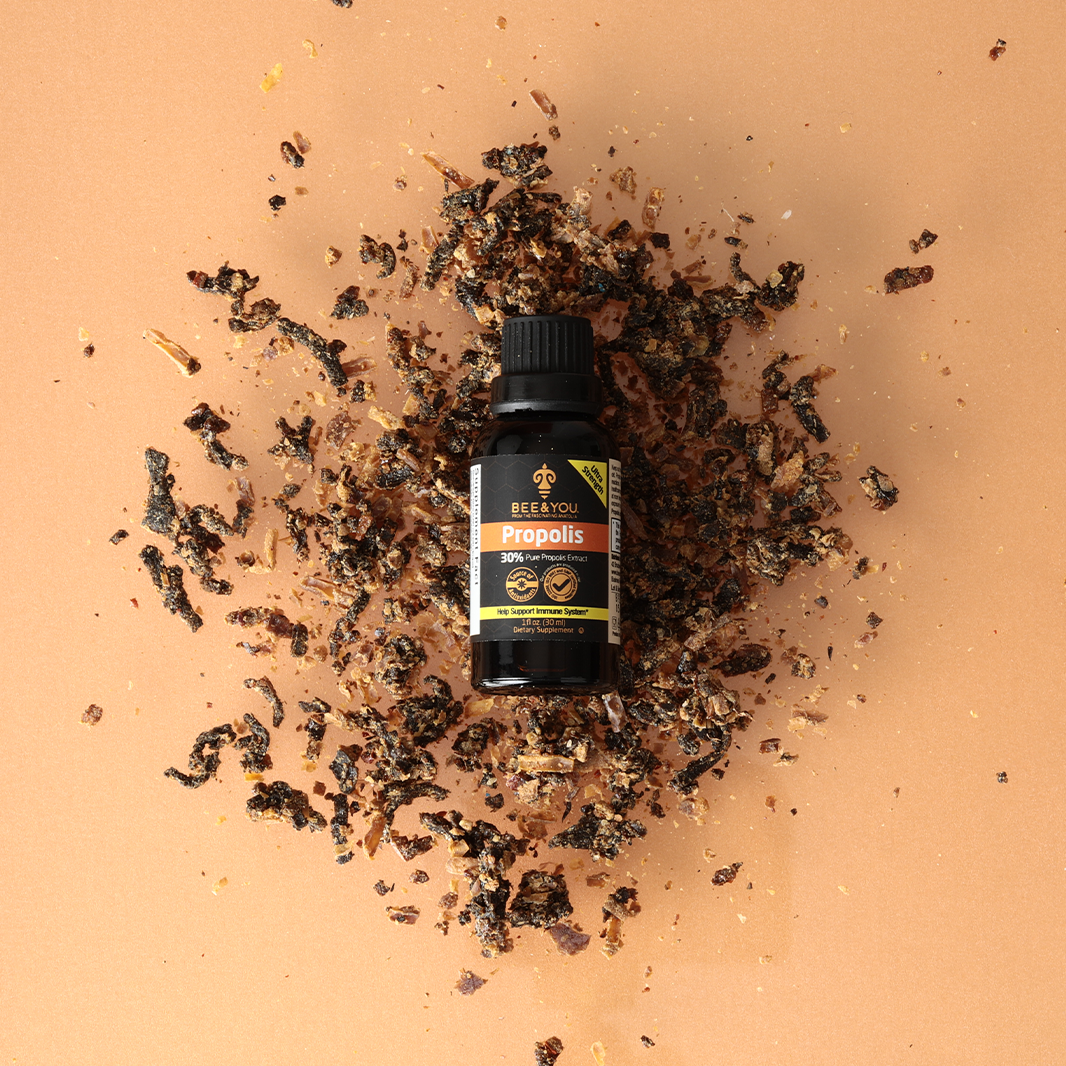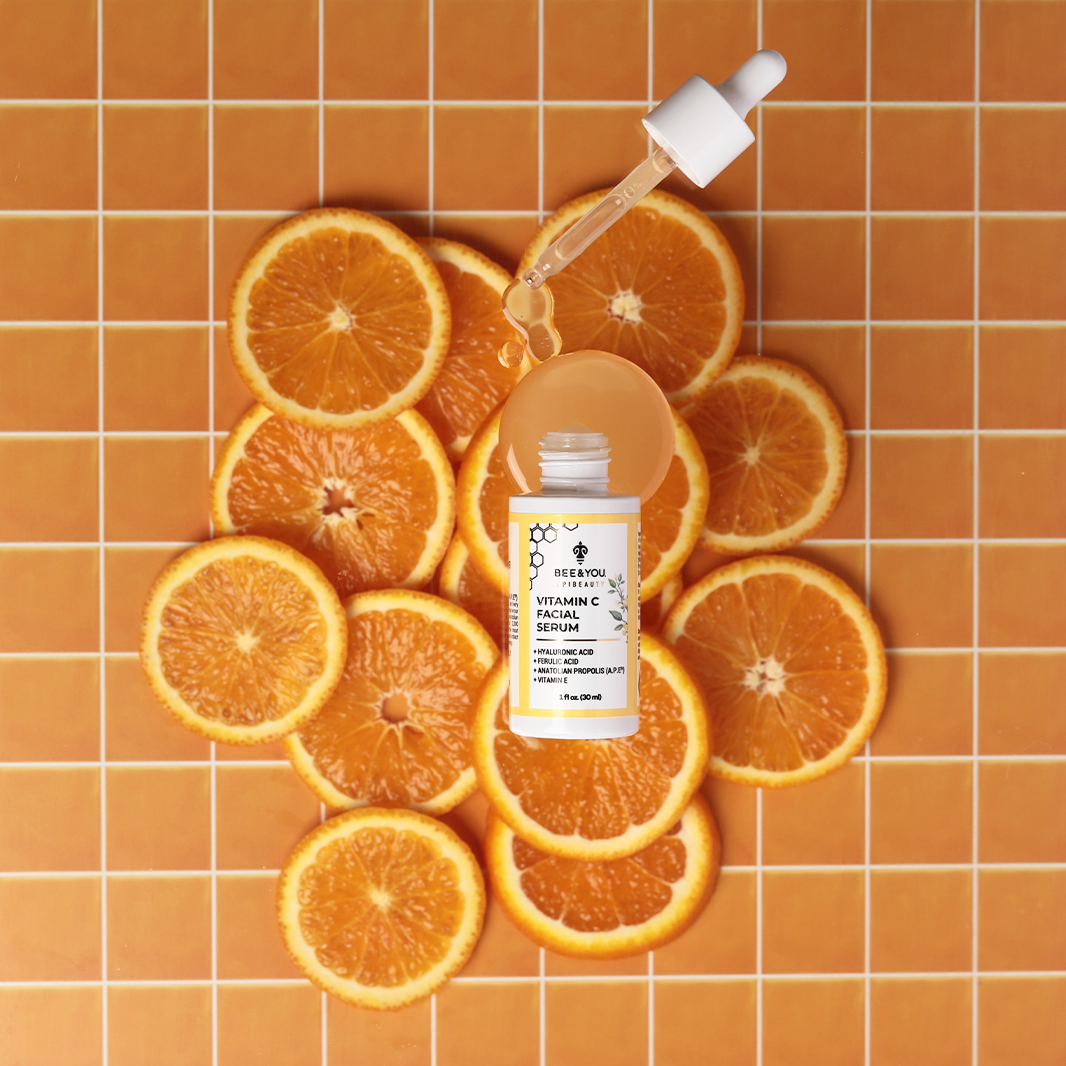Propolis is a completely natural bee product collected by bees from the leaves, stems, and buds of plants. Bees use propolis to sterilize the hive and eliminate microbes, covering honeycomb cells with propolis before the queen bee lays her eggs. Hence they ensure the healthy development of the eggs and keep honey, pollen, and royal jelly from spoiling in the hive. Propolis is a natural substance used in complementary and alternative medicine (CAM) for the prophylactic or therapeutic management of allergic diseases. It is well known for its antioxidant, antimicrobial, immunomodulatory, and anticancer properties. Preclinical studies have demonstrated its effectiveness against allergic inflammation, asthma, allergic rhinitis, atopic dermatitis, and food allergy. Clinical studies have shown that propolis consumption is safe and can attenuate various pathological conditions in asthma. Flavonoids and cinnamic acid derivatives found in propolis are believed to contribute to its antiallergic activities, but their presence may vary depending on the propolis sample.
Anatolian Propolis Extract (A.P.E.) is sourced from the pristine Anatolian mountains, home to 12,000 different plant species, making it one of the most biodiverse regions in the world. Extracted with patented technology, bee products obtained from this region have higher quality and nutritional content. Anatolian Propolis Extract (A.P.E.) contains at least 15 different phenolic and flavonoid compounds with antioxidant activity, including caffeic acid phenethyl ester (CAPE), caffeic acid, coumaric acid, quercetin, ferulic acid, cinnamic acid, rhamnetin, pinocembrin, resveratrol, apigenin, chrysin, luteolin, hesperidin, and hydroxybenzoic acid.
Anatolian Propolis Extract has x100 more antioxidants than Manuka Honey and x3 more than other propolis extracts! Scientific studies suggest that propolis may have potential therapeutic effects on allergic rhinitis symptoms. In 2022, joint research by Eskişehir Osmangazi University and Eskisehir Technical University investigated the antiallergic effects of topical Anatolian Propolis on nasal epithelial cells, including any toxic impacts. A nasal spray containing 0.3% Anatolian propolis was applied to cultured epithelial cells and incubated for 24 hours at 37°C. The study found no evidence of cytotoxicity in the nasal epithelial cells, even when exposed to high doses of Anatolian propolis for 24 hours. All doses applied did not significantly change the viability of the cells. The results showed that Anatolian Propolis did not have a cytotoxic effect on cell morphology and did not alter the cells in the test group composed of nasal cells. Considering its antibacterial and antioxidant activities, topical application of Anatolian Propolis in Sino nasal inflammatory diseases (e.g., acute and chronic rhinosinusitis) may have an auxiliary impact on treatment. Moreover, Anatolian Propolis slightly induced the proliferation of primary cells, which may help wound healing in septal surgeries and epistaxis.
REFERENCES:
- 1. Tanugur Samanci, A. E., Bayar Muluk, N., Vejselova Sezer, C., Kutlu, H. M., Topsakal, V., & Cingi, C. (2022). Efficacy and toxicity of Anatolian propolis on healthy nasal epithelial cells. European review for medical and pharmacological sciences, 26(2 Suppl), 103–111. https://doi.org/10.26355/eurrev_202212_30493
- 2.Liew, K. Y., Kamise, N. I., Ong, H. M., Aw Yong, P. Y., Islam, F., Tan, J. W., & Tham, C. L. (2022). Antiallergic Properties of Propolis: Evidence From Preclinical and Clinical Studies. Frontiers in pharmacology, 12, 785371. https://doi.org/10.3389/fphar.2021.785371
- 3.Pasupuleti, V. R., Sammugam, L., Ramesh, N., & Gan, S. H. (2017). Honey, Propolis, and Royal Jelly: A Comprehensive Review of Their Biological Actions and Health Benefits. Oxidative medicine and cellular longevity, 2017, 1259510. https://doi.org/10.1155/2017/1259510
- 4.Kolayli, S., et al. " Comparison of Antibacterial and Antifungal Effects of Different Varieties of Honey and Propolis Samples." Acta Alimentaria 49.4 (2020): 515-523.






